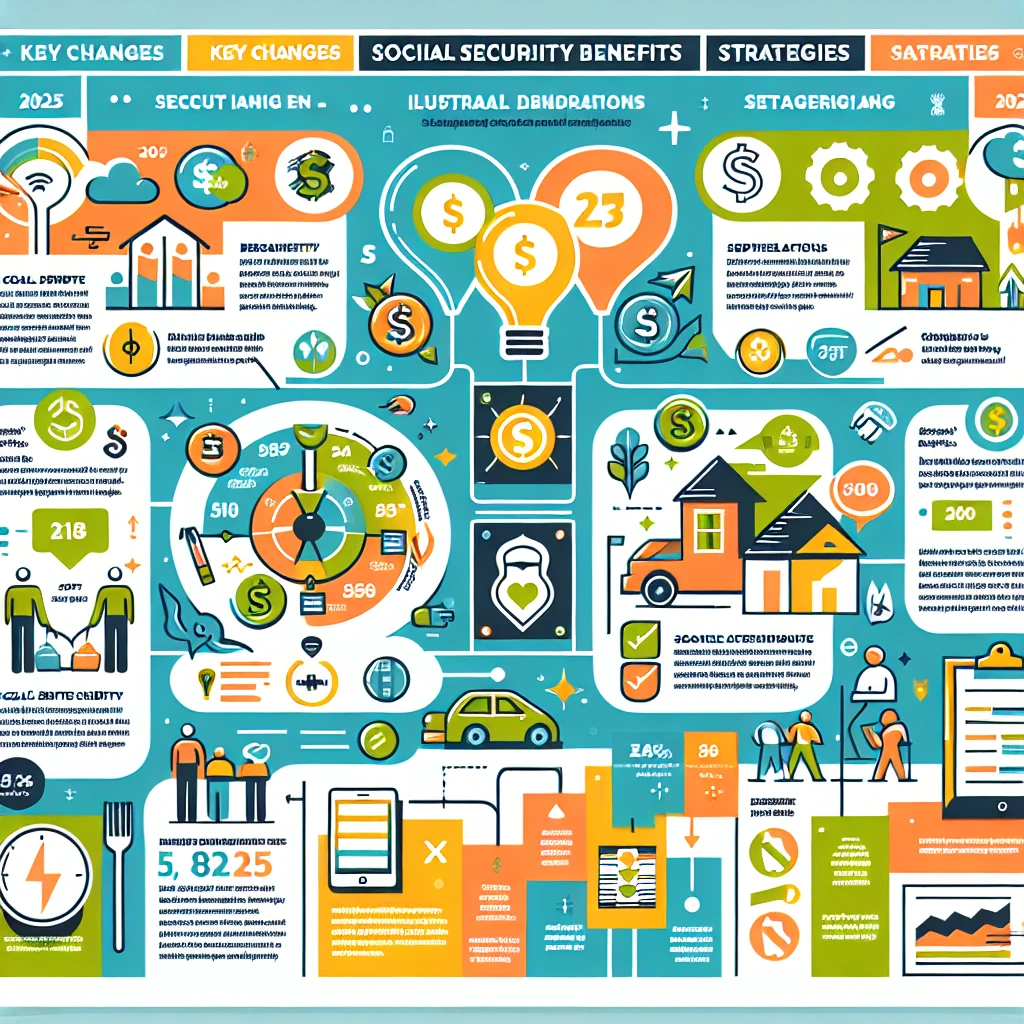Contents
October: More Than Just Halloween Excitement
October is a month that brings joy to many, not just because of the fall season and Halloween festivities, but also due to significant updates from the Social Security Administration (SSA). On October 10, the SSA is set to announce crucial changes that could affect a broad audience, including those not yet receiving benefits. Here are three pivotal updates to anticipate.

Key Social Security Updates
1. Social Security’s 2025 Cost-of-Living Adjustment (COLA)
Anticipation has been building around next year’s Social Security COLA. According to the Senior Citizens League, the current estimate for the 2025 COLA is 2.5%, based on inflation trends to date. However, this figure may fluctuate depending on September’s inflation data.
Understanding the official COLA is just one piece of the puzzle. If you’re a Social Security recipient, the actual increase in your monthly benefits will be clearer once Medicare announces the standard Part B premium for 2025. This is because Part B premiums are automatically deducted from Social Security benefits for those enrolled in both programs. Consequently, any increase in Medicare costs could diminish the benefits of the COLA.
2. Social Security’s 2025 Earnings-Test Limit
Retirees can continue to earn income while receiving Social Security benefits. Once you reach full retirement age, you can earn freely without affecting your benefit payments. However, if you’re below full retirement age and earning, you’re subject to an earnings-test limit, which, if exceeded, can lead to a portion of your benefits being withheld.
The good news is that withheld benefits are reimbursed once you reach full retirement age. For 2024, the earnings-test limit is $22,320, or $59,520 for those reaching full retirement age before the year’s end. These thresholds are expected to increase in 2025, reflecting inflation adjustments. It’s crucial to be aware of the specific limits applicable to your situation.
3. Social Security’s Wage Cap
Funding for Social Security comes from payroll taxes, but these are not levied on all earnings. Each year, a wage cap determines the maximum earnings subject to Social Security tax. For 2024, this cap is set at $168,600. In 2025, the cap is likely to rise, in line with inflation and wage growth, potentially leading higher earners to contribute more. If you fall into this category, consulting a tax professional might help you strategize to minimize your overall tax burden.
These updates have the potential to impact millions of Americans, regardless of their age. If you think you might be affected, be sure to visit the SSA’s website on October 10 for the official announcements.
The Overlooked $22,924 Social Security Bonus
For many Americans, retirement savings may not be on track, but there are lesser-known “Social Security secrets” that can significantly boost your retirement income. For example, one simple strategy could potentially increase your annual income by $22,924. By learning to maximize your Social Security benefits, you can aim for a confident and secure retirement. Click here to explore these strategies further.
Discover the “Social Security secrets” ›




